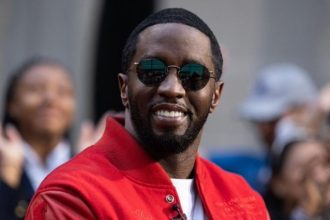U.S. President Donald Trump accused NBC and ABC of being “two of the worst and most biased networks in history.” He suggested revoking their broadcast licenses, claiming that they publish “97 per cent BAD STORIES” despite his “high popularity,” in a post on Truth Social. These remarks come in the context of legal settlements and ongoing tensions with major media outlets, raising concerns about press freedom.
Former President Trump’s call to revoke the licenses of NBC and ABC, made through the Federal Communications Commission (FCC), is based on his allegation that these networks operate as an “arm of the Democrat Party” and pose a “threat to our democracy.”The FCC periodically reviews and renews station licenses under the leadership of Republican Chairman Brendan Carr, who has previously investigated Comcast’s diversity, equity, and inclusion (DEI) programs as well as the affiliate connections of NBC. Comcast’s NBCUniversal owns NBC, while The Walt Disney Company owns ABC.
Trump’s recent comments reflect his 2017 criticism of NBC regarding a story about the nuclear arsenal, which he denied. This follows a $15 million defamation settlement with ABC and a $16 million settlement with CBS in July 2025. These legal disputes, along with a 56% disapproval rating in an Economist/YouGov poll conducted from August 15 to 18 (with a margin of error of 3.5%), underscore the contentious relationship he has with the media.
Critics, including the American Civil Liberties Union, warn that threats to revoke broadcasting licenses undermine First Amendment rights. According to legal experts, the Federal Communications Commission’s (FCC) authority to revoke licenses is limited to violations of public interest, not content bias. With U.S. media revenue expected to reach $250 billion in 2024, former President Trump’s actions could stifle journalistic independence, particularly in light of his broader efforts against perceived adversaries.






